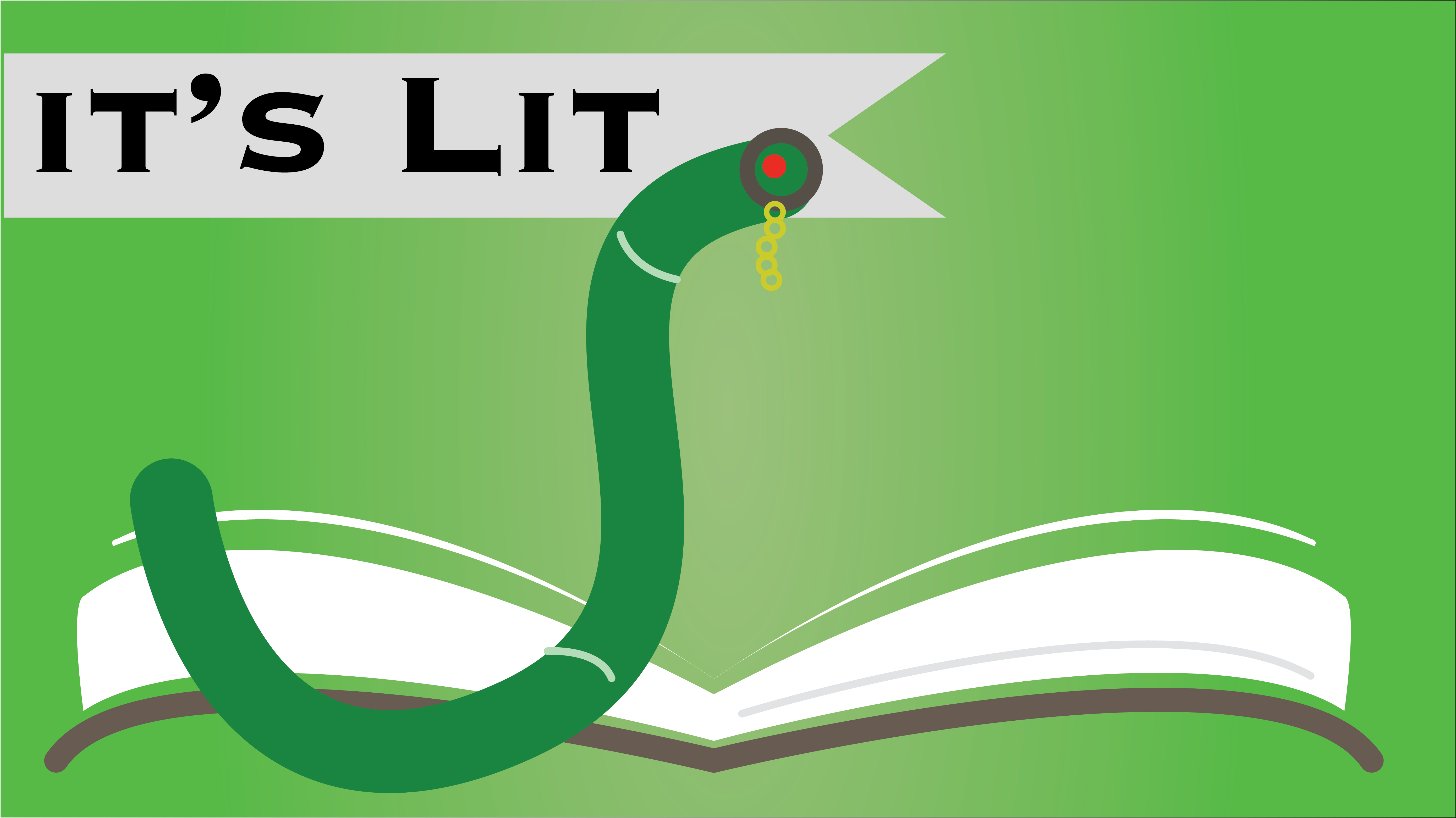
Banned books challenge social norms
By: Chloë Williams, Columnist
Views expressed in opinion columns are the author’s own.
Banned Books Week was Sept. 27th to Oct. 3rd, but that doesn’t mean it’s time to stop reading those books that challenge thinking, encourage empathy with those different from us, and question the world around us. This week, I’m sharing my favorite banned books and giving you the scoop on what makes them controversial.
First things first, what is a banned book? Essentially, banned books are those that have been challenged for being inappropriate for readers for a variety of different reasons. They could contain profanity, sexual themes, drug and/or alcohol use, mentions of witchcraft, or go against popular ideology and accepted ideas of content. If banned, these books can be forbidden from places like schools and libraries. As active participants in an ever-changing world, it is our duty to be avid readers of content that especially is challenging, difficult, or questioning to our beliefs. Here are a few of those such books:
The Catcher and the Rye by JD Salinger
Like a lot of students, I was assigned this novel for an English class in which my teacher described Holden Caulfield as the “original emo.” This book has been banned almost as long as it’s been on the shelf for language, sexual references, use of alcohol, and even for blasphemy. It has had several comments about its content being morally objectionable. However, at its heart, this book is about morals and fighting with what is right and wrong as you grow up. Holden is around 16- or 17-years-old, and he has just been expelled from school. However, he’s not a bad kid at all. He cares about his family deeply and has an interest in learning, especially about the functionings of other people. Holden has a disenchanted view of the world, but he is stuck searching for meaning in a world that doesn’t make sense to him yet. It’s true- he makes questionable choices, even bad choices by many’s standards. “Catcher in the Rye” is often criticized for being cold and calloused. However, at its core is a very human story that exposes the emotions of transitioning from childhood to adulthood. This is something in which we all can relate. If you can’t, well, you might just be a “phony.”
The Perks of Being a Wallflower by Stephen Chbosky
Here is another controversial novel about the rollercoaster of being a teenager. It is fascinating how the number of novels attempting to be censored, try to accurately portray the experiences of growing up. This book has been banned for sexual content, drug use, discussion of death, profanity, and just being generally indecent. However, by shielding the very target audience of this book from its pages, young adults lose a chance to feel truly understood by a novel that is overt in its description of coming-of-age. Inside this short read is the story of Charlie who must juggle with his own traumas, as well as supporting his newfound friends that are dealing with difficult problems of their own. In its 200+ pages, this novel discusses sexual abuse, teen pregnancy, abortion, sexuality, suicide, and violence. While it can be a difficult read, it is intensely engaging and allows for exposure to uncomfortable topics. “The Perks of Being a Wallflower” is a moving read, and Charlie’s journal entries will stick with the reader years after the back cover has been shut.
Fahrenheit 451 by Ray Bradbury
“Fahrenheit 451” is a very ironic addition to a list of banned books because it is the story of a dystopian future in which all books have been banned. The main character of the story, Guy, burns books for a living until he steals himself a novel and his eyes begin to open to the cruel world around him. He begins to notice the lengths to which he has been repressed, and his passive way of life starts to reveal itself. This book hammers on the importance of access to all knowledge, and the necessity to think freely and question society. “Fahrenheit 451” has been banned for profanity, violence, discussion of abortion, and general unsuitability for young readers. Now more than ever, we need to be active citizens who seek the truth and don’t put blind faith into the media and leadership. This novel remains fiercely relevant, as it tells the cautionary tale of a certain Guy Montag who blindly accepted a destructive ideal.
Children’s books that “encourage disobedience”
While many books targeted for adults and young adults have found their way onto banned and challenged book lists throughout the years, it is shocking the number of children’s stories have been as well. Often, the justification for banning a children’s book is that it “encourages disobedience” and the questioning of authority. Some such books include: the “Junie B. Jones” series by Barbara Park, “The Lorax” by Dr. Seuss, “A Light in the Attic” by Shel Silverstein, the “Captain Underpants” series by Dav Pilkey, and several books from prolific author Roald Dahl. Though we may have grown out of these series, it is important to encourage kids to be thoughtful and to not take orders “just because.” Allowing children to read material dealing with topics like the questioning of adults, deforestation, and alternative views on morality will set children up to be more intelligent, aware adults.


Teaching reading and writing skills in any classroom https://ims-show.co.uk/6-tips-for-teaching-reading-and-writing-skills-in/ is crucial for a well-rounded education. These foundational skills not only empower students to communicate effectively but also open doors to endless opportunities. By cultivating a love for reading and nurturing strong writing abilities, educators equip students with essential tools for success in academia and beyond. Moreover, literacy skills foster critical thinking, creativity, and empathy, enabling learners to engage with diverse perspectives and navigate the complexities of the world. By prioritizing the development of reading and writing skills, educators empower students to become confident, articulate, and lifelong learners.